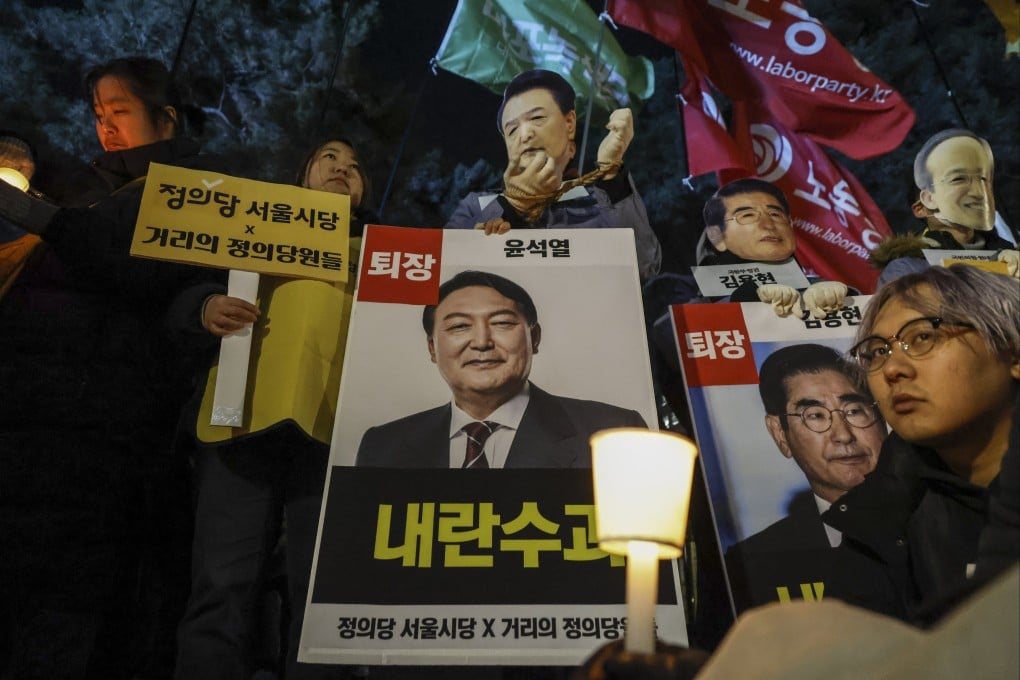Opinion | Yoon’s dangerous political gamble was no aberration
Yoon Suk-yeol’s declaration of martial law, albeit brief, is a reminder that South Korea must reckon with its authoritarian tendencies

Yoon’s decision can be directly linked to the political turmoil that has engulfed South Korea in recent months. Addressing the nation in a televised statement, Yoon declared martial law as a measure to counter the “pro-North-Korean forces” and “to save the country [from] anti-state forces that are trying to paralyse the essential functions of the state and destroy the constitutional order of liberal democracy”.
Before the decree, the main opposition, the Democratic Party of Korea, had presented a budgetary bill slashing 4.1 trillion won (US$2.8 billion) from the initial plan proposed by the government. This marked the watershed to Yoon’s decision as he claimed that the opposition had left him unable to govern.
The imposition of martial law drew sharp criticism in South Korea and beyond. After the declaration, thousands took to the streets amid a heavy military presence. Lawmakers were able to enter a heavily guarded parliament, eventually voting to overturn the decision. Politicians condemned Yoon’s decree as illegal and unconstitutional.

